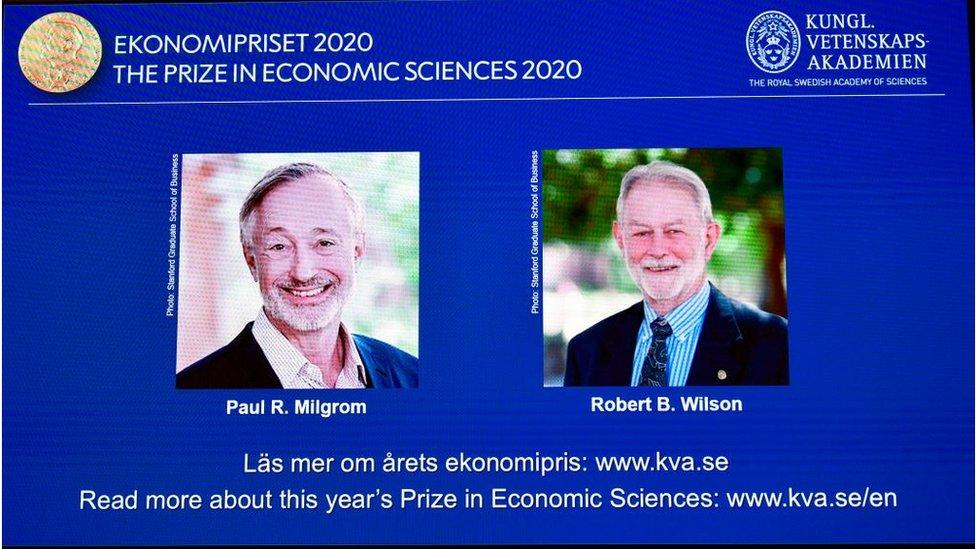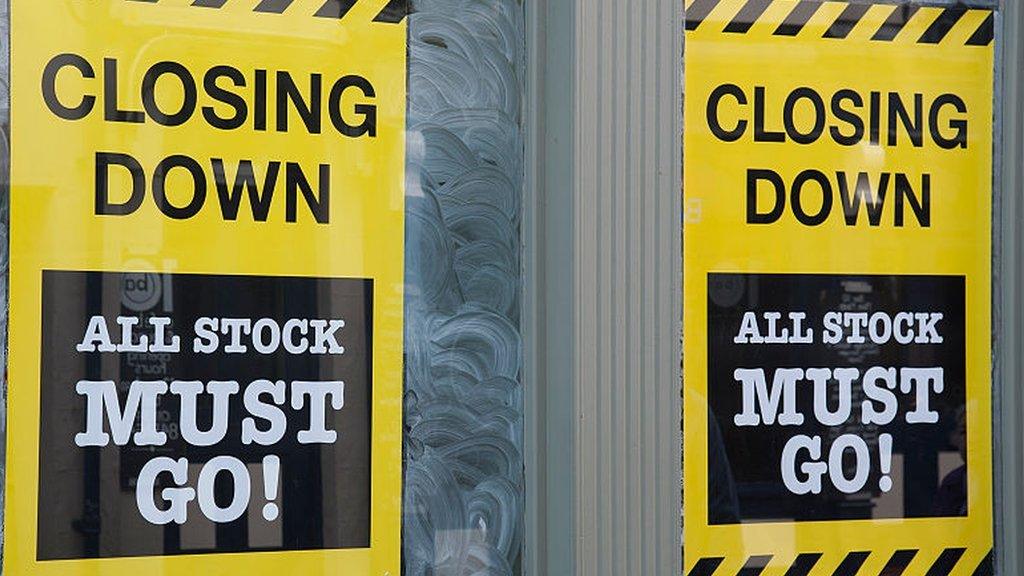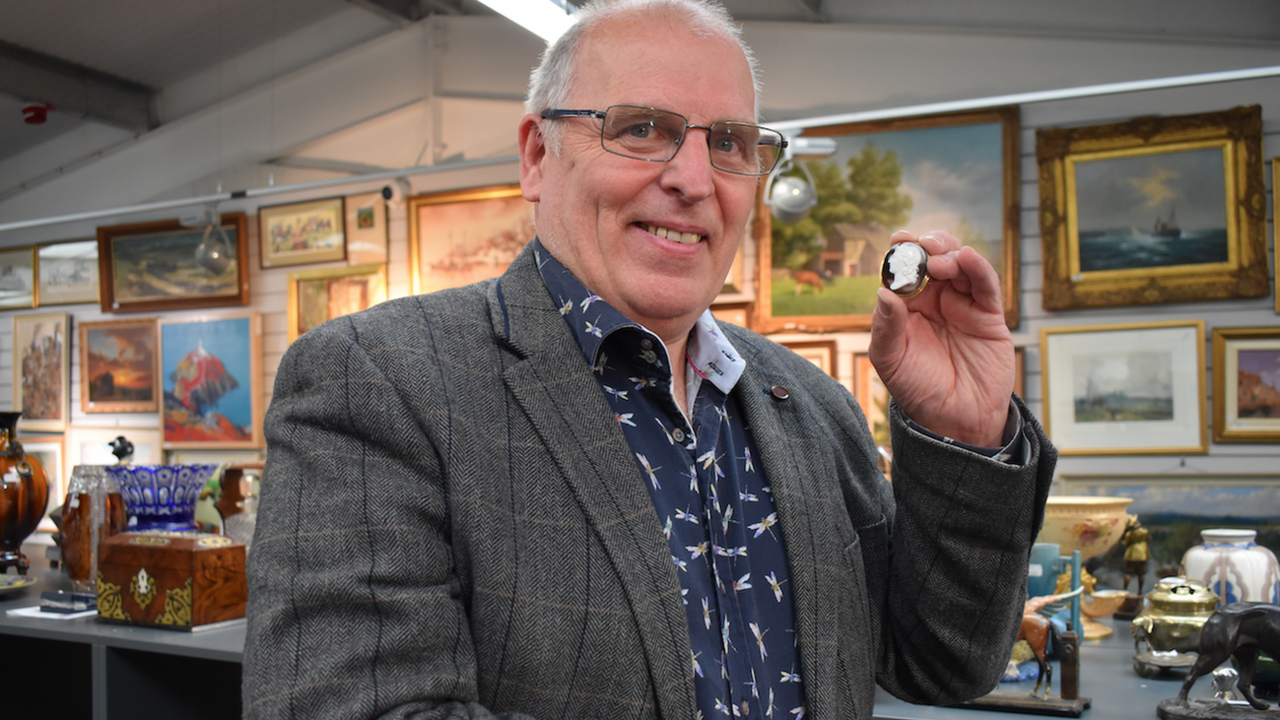Nobel: US auction theorists win Economics Prize
- Published

Game theorists Paul Milgrom and Robert Wilson
Paul Milgrom and Robert Wilson have won the 2020 Nobel Economics Prize for their work on auction theory.
The Stanford University game theorists have helped in developing formats for the sale of aircraft landing slots, radio spectrums, and emissions trading.
The Royal Swedish Academy of Sciences said their work "benefitted sellers, buyers and taxpayers" worldwide.
Game theory uses mathematics to study decision-making, conflict, and strategy in social situations.
"This year's laureates in economic sciences started out with fundamental theory and later used their results in practical applications, which have spread globally. Their discoveries are of great benefit to society," said Peter Fredriksson, chair of the prize committee.
'Winner's curse'
Prof Wilson developed a theory for auctions where the value of the object on the block is uncertain beforehand but ends up being the same for everyone - for example, the value of radio frequencies, or the volume of a mineral in a particular area.
He also developed a theory as to why rational bidders tend to place maximum bids that are below what they estimate the actual value of the object to be: they are worried about the so-called "winner's curse" - overpaying to win the auction.
Prof Milgrom put together a theory which takes into account not only auctions where the object turns out to have the same value for all the bidders, but also for auctions where the object is valued differently by different bidders.
He demonstrated that the seller should get a higher revenue when bidders learn more about each other's estimated values during bidding.


Most of us don't buy art or livestock. Nor do we buy our fresh fish or fruit and veg at auction.
Rather more of us might occasionally buy or sell some modestly valued furniture or ornaments that way, and perhaps more still make use of online auction sites.
But the committee at the Swedish Central Bank which awards the prize says that auctions affect all of us at every level.
The wholesale electricity market, radio frequencies for telecommunications, emissions allowances and much more are allocated using auctions in at least some countries.
For a private seller the ideal auction is one that gets the highest price.
For a public sector agency, getting revenue does matter but there can be other considerations, for example seeking to have radio frequencies allocated in a way that gives the most benefit to society as a whole.
Auctions are often complicated by uncertainty - how much will you get out of an oilfield, or how much will people use a mobile phone service.
The work of Paul Milgrom and Robert Wilson, and many others, explores these issues with a view to designing auctions to get the best results.

'Out of touch'
However, the award was criticised by one charity which said that economics was out of touch with global problems, including the impact of coronavirus.
The Rethinking Economics charity, which pushes for a broader application of economics, said it was "disappointing" that the prize had gone to "two white men from the global north working on auction theory".
Catriona Watson, co-director of Rethinking Economics said: "The discipline of economics is depressingly out of touch.
"The Nobel Prize as a marker of excellence in the field needs to become reflective of our global community and address the most pressing issues of our time like the climate crisis, the pandemic or structural racial injustice - otherwise it risks becoming increasingly irrelevant."
The prize has been won in the past by economists including Paul Krugman and Milton Friedman, and last year was won by poverty-fighting couple Abhijit Banerjee and Esther Duflo.
But Ms Watson said that this year the award was "back to business as usual".
The prize, worth 10m Swedish crowns (£887,000), is not one of the original five Nobel awards created in the 1895 will of industrialist and dynamite inventor Alfred Nobel, but was established by Sweden's central bank and first awarded in 1969.
- Published18 August 2020

- Published18 July 2020
